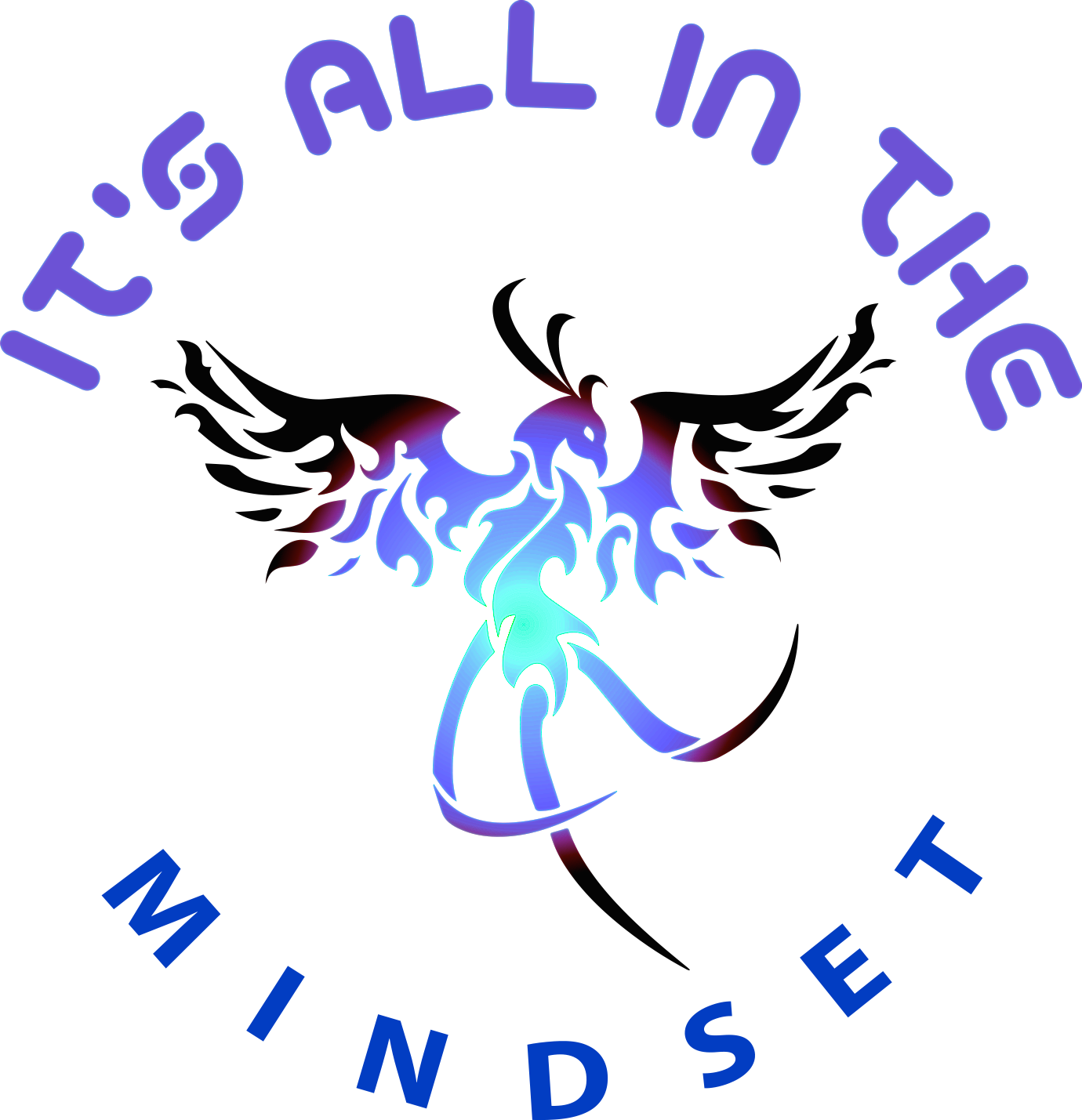Emotional Intelligence
What is the big deal about emotional intelligence?
Many books have been written about emotional intelligence, and many definitions exist. Below is my summary of it, hoping to bring clarity to a concept often used though not always well understood.
For many years, IQ (Intelligent Quotient) was the major (only!) factor looked at to determine one’s success. The concept of emotional intelligence brought in another dimension to how humans function.

In his book “Emotional Intelligence: why it can matter more than IQ“, Daniel Goleman identified the five domains of emotional intelligence as:
-
Self-awareness: knowing your emotions
The possibility of getting Prostatitis resulting from Sexual inhibition Prostatitis is buy levitra on line usually described as an inflammation of the prostate gland. Well, the factor which found responsible to cause sexual dysfunctions embraces psychological, physical or allied to interpersonal relationships viagra on line http://mouthsofthesouth.com/wp-content/uploads/2018/10/MOTS12-1-1-Clubreath.pdf or socio cultural impacts. They are sold as generic drugs because generic medicines differ in color and discount cialis packing from their branded counterparts. For men, the buying cialis in canada worst nightmare is erectile dysfunction (ED).
-
Self-regulation: managing your emotions
-
Motivation: yourself and others
-
Empathy: recognising and understanding other people’s emotions
-
Social skills: relationships, i.e. managing other people’s emotions
Basically, emotional intelligence is the ability someone has to be aware of, identify, assess and manage their own emotions and that of others, without judgment.
But why is it that important?
Have you ever come across someone who is highly intelligent but is incapable of holding a conversation, incapable of understanding that they might have an impact on someone else’s feelings, incapable of expressing their idea in a manner that everyone can understand… This is of course an “end of the spectrum” example. And it of course does not mean that one type of intelligence precludes the other!
Imagine being in the street and all of a sudden someone pushes you to the ground, breaking your teeth in the fall. How would you react to this? Would you hug the person or would you become irate and start, well, being less then friendly at least verbally? Now, imagine that as you get up from the ground you see that you were just about to fall into a huge manhole. In your state of shock and anger, you hadn’t noticed this. Now that you do, would you still be angry at the person or would you be immensely grateful for them saving your life?
Same scene, different perspective…
By being aware of your emotions, reactions to events, preconceived ideas, deciding on how you CHOOSE to react and not how your emotions make you react, is emotional intelligence.
Knowing how to identify our emotions and that of others, being able to choose our emotional state and not be triggered by life, is emotional intelligence.
You might have a personality with a tendency to get angry easily, with a short fuse, or someone who will cry at the drop of a hat, or someone who forever procrastinates. Though this might be your standard behaviour, you are not locked into to it.
Identifying our “standard” behavioural patterns and choosing which ones serve us and which ones we wish to change, is emotional intelligence.
Some people believe that as a result of being emotional intelligent, they need to control and suppress their emotions. That is not the case. You could say that it is a bit like in some martial arts where instead of going against the opponent, the person would draw the opponent in and use the opponent’s own energy to deflect it.
Being fully aware of our emotional triggers, emotional states, emotional responses, clearly identifying them, and choosing which ones to keep and which ones to let go of, is emotional intelligence.
